ABUJA — Failure of the Federal Government negotiating team to present a fresh offer beyond the N60,000 it offered last week has stalled further negotiation.
Recall that President Bola Tinubu had on Tuesday, given a marching order to the Minister of Finance and Coordinating Minister of the Economy, Mr Wale Edun, to prepare cost implications of the new minimum wage and present an affordable, sustainable and realistic figure to him yesterday, saying government’s new offer must be ready by yesterday as the basis of negotiation with Labour.
The President asked the minister to come up with the cost implications of a new minimum wage and present an affordable, sustainable and realistic figure within two days.
He further directed all involved in the negotiations to expedite action so that everything on the new minimum wage would be concluded as soon as possible.
However, at the resumed negotiation meeting which started at about 3:30 pm yesterday, Vanguard gathered that nothing much could be achieved, following the inability or failure of the Federal Government to present a new offer.
A source at the meeting said: “The meeting was adjourned to give the Minister of Finance time to meet the deadline given to him by the President to present cost implications to him.
“We just deliberated generally and then they (the Federal Government team) said we needed to adjourn because they needed to get to the President. You know he (President Bola Tinubu) gave them an ultimatum to give him the cost implications.
‘’So we could understand that they did not have anything to give us since they had not given the President the cost implications. Those present at the meeting were the Minister of Finance, Minister of Budget and Economic Planning and the Minister of State for Labour. So, we will be resuming negotiation tomorrow (today) by 2pm.”
On whether the Finance Minister gave any assurance of getting the President’s mandate before today’s meeting, the source said: “They do not have a choice, we are not bothered about them. We do not think they have a choice because they cannot disobey the President.
“If they decide to disobey the President or if the President decides to renege on his promise, we all know the consequences”
On Monday’s meeting with the Secretary to the Government of the Federation, SGF, he said: “They said they had the mandate of the President to conclude negotiation within one week. So that was what happened.
“Even as we went on strike, the intention was not to destroy the system, the essence of the strike is to push them to the wall to make promises because the further you do things that are very adverse to the economy, the worse things get.
“So, we are conscious of our responsibility to the fact that you don’t throw the baby away with the bathwater. But people will not understand. They think we want maximum damage. No. At the end of the day, the workers are asking for pay, if there is no economy, where will they get the pay?
“So the important thing is to keep pushing the government until we extract the maximum benefit from them.”
Labour berates Akpabio
Meanwhile, organised labour has dismissed claims by the Senate President, Godswill Akpabio, that its latest nationwide strike amounted to economic sabotage, saying the true economic saboteurs are those looting national resources, not the labour force
According to Labour, the Senate president’s subtle threat that the Senate will move into executive session to address the issue of labour’s strike smacks of contempt for open and transparent debate which ought to be the bedrock of parliamentary proceedings.
NLC in a statement by the Head of Information and Public Affairs, Benson Upah, insisted that for the past 25 years, the political elite had willfully sabotaged Nigeria through acts of corruption and abuse of power, not workers.
The statement read: “NLC strongly refutes Senate President, Senator Godswill Akpabio’s recent claims that the indefinite nationwide strike by the NLC and Trade Union Congress of Nigeria, TUC, constitutes economic sabotage. Such accusations are baseless and deeply troubling for Nigerian patriots and democracy advocates.
“The strike, initiated on June 3, was in response to the Federal Government’s refusal to conclude the national minimum wage negotiations, reverse electricity tariff hikes, and end discriminatory consumer classifications.
“This legally-conducted strike reflects the frustration of Nigerian workers facing economic hardships and deteriorating working conditions.
“Senator Akpabio’s statements undermine the democratic principles the Senate professes to uphold. The National Assembly, being the closest arm of government to the people, should understand the people’s sentiments. This ought to guide their actions and pronouncements accordingly.
“Strikes are not only legal but a civic duty and a critical tool for holding those in authority and power accountable. It is a democratic right, essential for preventing dictatorship and social collapse.
‘’For the past 25 years, the political elite willfully sabotaged Nigeria through acts of corruption and abuse of power, not the workers. The true economic saboteurs are those looting national resources, not the labour force.
“We, therefore, urge patriotic members of the Senate and the House of Representatives to distance themselves from these damaging remarks. Nigerian workers have the constitutional right to go on strike in response to unfair labour practices, and the NLC and TUC have exercised this right lawfully.
“The economic issues prompting the strike, like electricity tariff hikes and unfair consumer classifications, are burdens that exacerbate poverty and inequality but from which the political elite are insulated. The NLC will continue to advocate for fair economic policies and a national minimum wage that is realistic.
“Labour unions played a crucial role in restoring democracy to Nigeria, from which current lawmakers benefit. Therefore, they will not sabotage it. The NLC remains committed to protecting workers’ rights and calls on government representatives to address the underlying issues leading to the strike-through constructive dialogue and genuine efforts to improve living standards, instead of indulging in eye-service criticism.
‘’The Senate President should realise that the International Labour Organisation, ILO, now has settled the right to strike, despite Senator Lalong as Minister of Labour, voting against it.
“We call on him to retrace his steps and know that he is President of the Senate, not Chairman of the Supreme Military Council of Nigeria.
“We remain open to dialogue with the government for sustainable solutions benefiting all Nigerians and expect proactive interventions to prevent anti-worker policies.
“We will not be intimidated by such unfortunate statements from the hallowed chambers of the Senate and we expect due apologies if it was a slip. Any attempt to undermine legitimate labour actions will not be acceptable.”
Nigerians need living wage not minimum wage — Reps
Also yesterday, the House of Representatives demanded a living wage for Nigerian workers, insisting that the Federal Government’s proposed minimum wage was no longer realistic.
The lawmakers, however, condemned the labour unions for shutting down the national grid and closing the nation’s airports and the health sector.
Ali Jesi(APC, Gombe) had at yesterday’s plenary, moved a motion on the urgent need to consider the imperative of fixing a living wage for Nigerian workers to ameliorate current economic hardship.
Moving the motion, the lawmaker commended labour unions for their commitment towards negotiating a new minimum wage for Nigerian workers at such a critical period and resolved to call off the strike in the interim.
He said in line with Section 3(4) of the Act, the extant minimum wage which commenced on April 18, 2019, had expired after five years, on April 18, 2024. He, however, called for a further review of the existing Act.
In his remarks, Aliu Madaki (NNPP, Kano) noted that what Nigerian workers need is a living wage and not a minimum wage, adding that the Federal Government should be able to pay a living wage, considering the economic situation in the country. Kingsley Chinda, minority leader of the House, said: “Can we say as leaders we have carried out the purpose of governance which is hinged on security and welfare of the people?
“Have we provided these basic needs which is our primary purpose of being elected? Can someone who is earning N50,000 depend on such, with the high cost of house rent? We must be realistic by providing a living wage for workers, it is sad that the government is proposing a minimum wage.’’
He, however, cautioned the labour unions not to overstep boundaries, adding that switching off the national grid was not in the interest of the people they were fighting for.
“Some people are on life support in the hospital; some were at the airport to board flights but could not make it due to the strike,” he noted.
He urged the lawmakers to expedite action on the yet-to-be-proposed minimum wage amendment bill once it was brought before them.
Stanley Adedeji (APC, Oyo) said following the shut-down of the national grid as a result of the strike, there is a need to criminalise such an act.
According to him, “You cannot go on industrial action and kill people.’’
Benjamin Kalu, Deputy Speaker of the House, who presided over plenary, said people who are on essential services should not go on strike.
He said the Act frowns on such act, adding that it is against the law for electricity workers, hospitals, airports, among others, to go on strike.
Adopting the motion, the House urged the government to redirect the focus of negotiations from fixing a new minimum wage to fixing a realistic living wage for Nigerians.
It also urged the government to further consider the downward review of electricity tariffs, to reduce the suffering of Nigerians.
The House referred the matter to the House Committee on Labour and Employment to get back in a week.
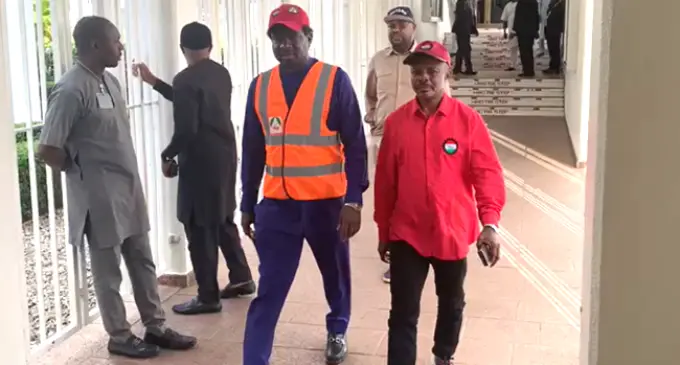


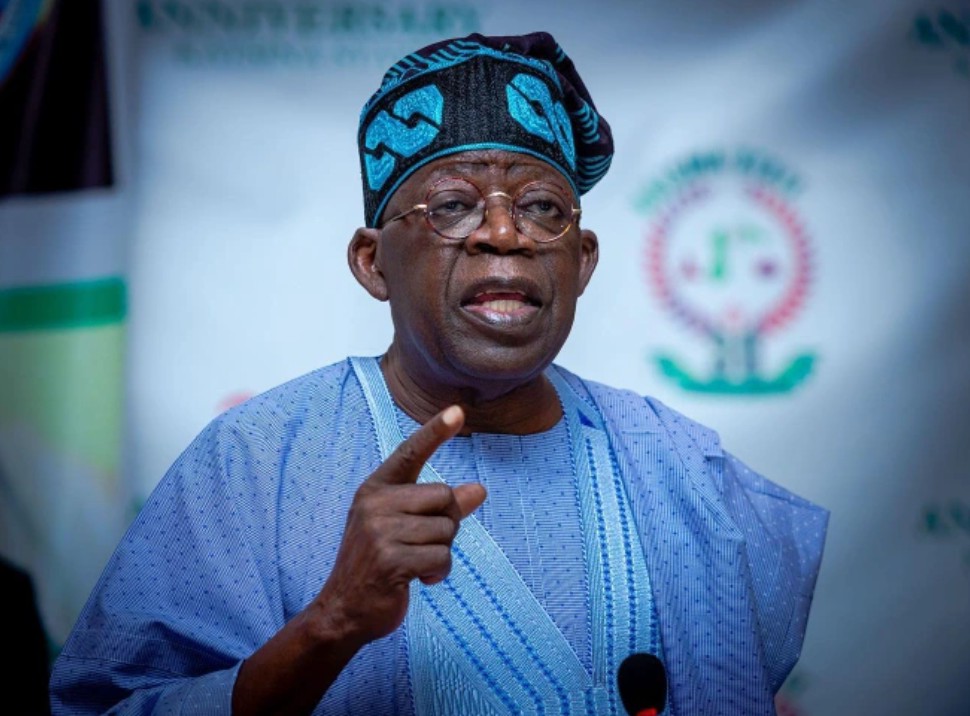

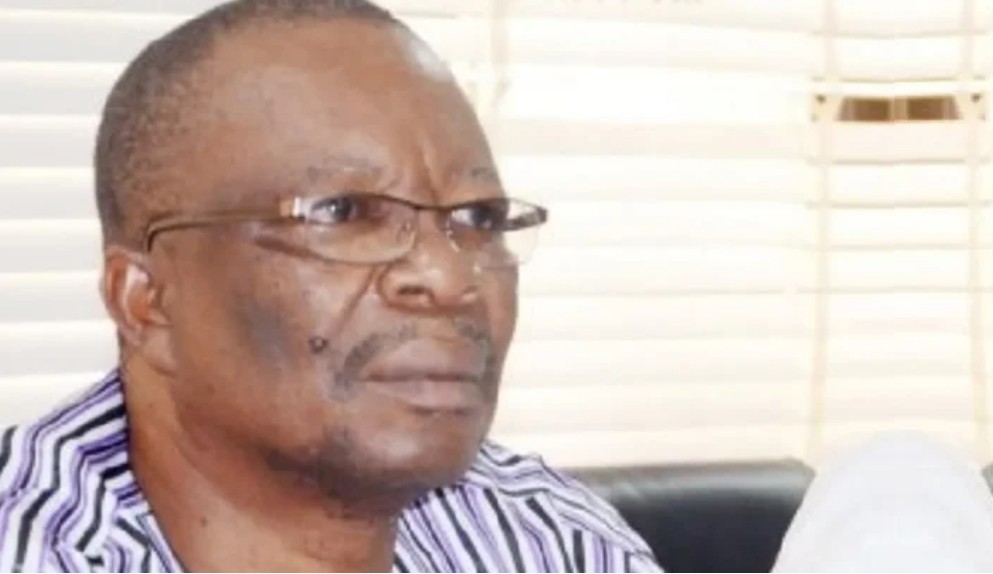



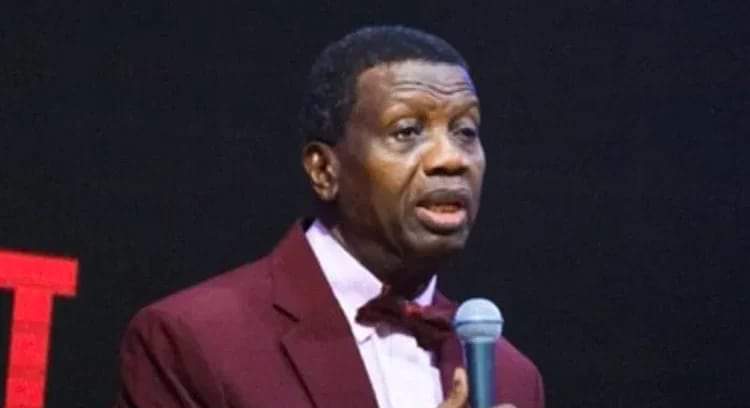
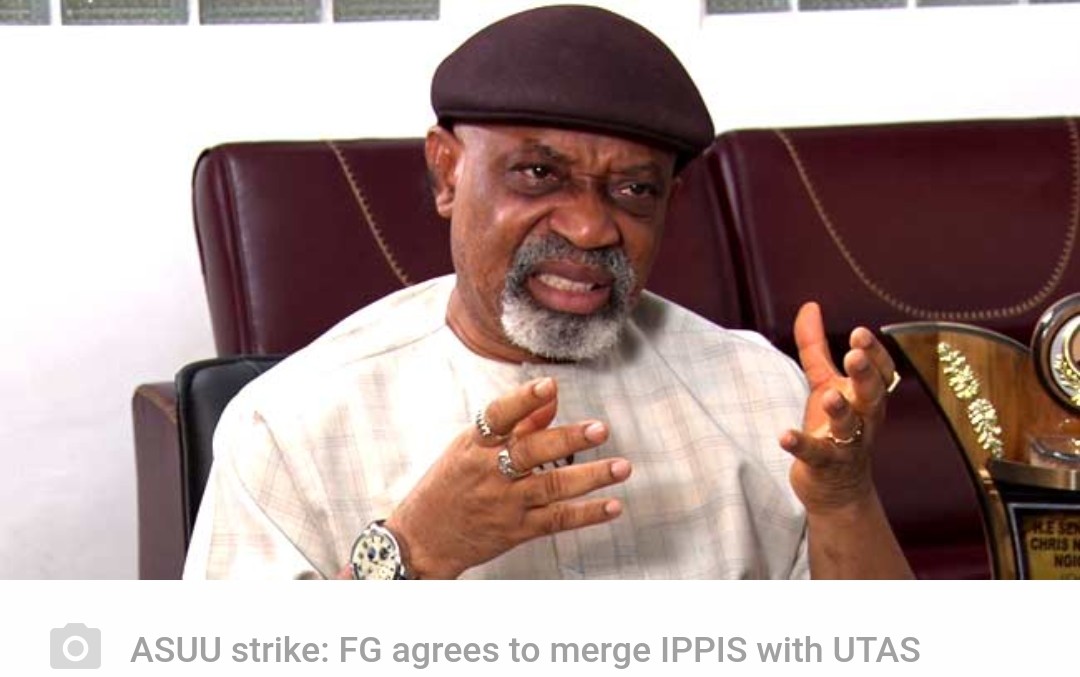
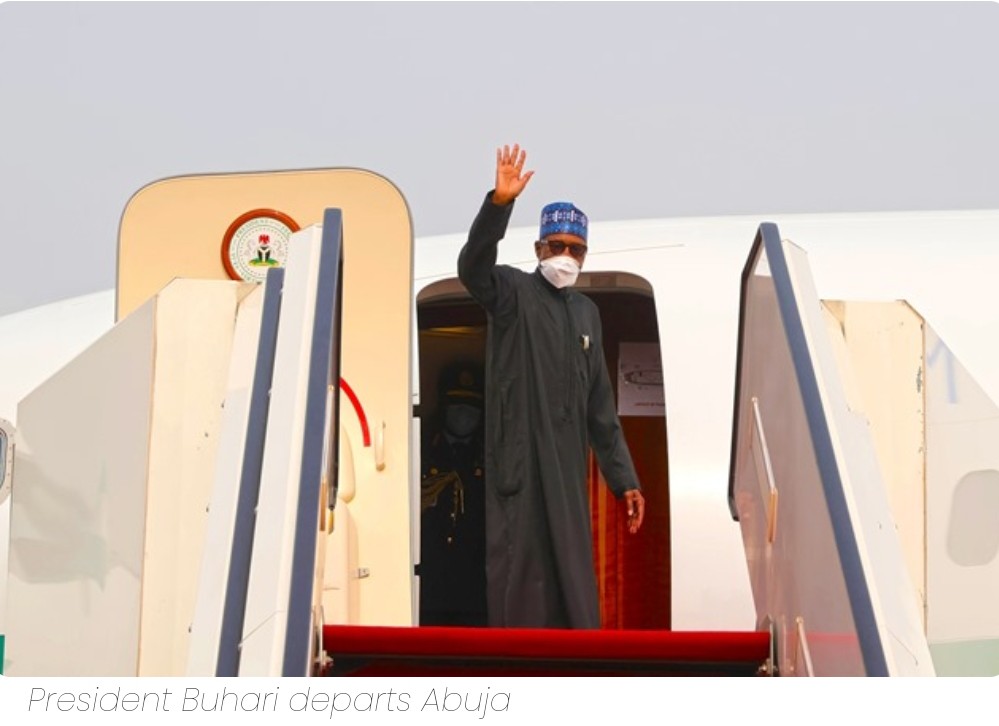
.jpeg)

